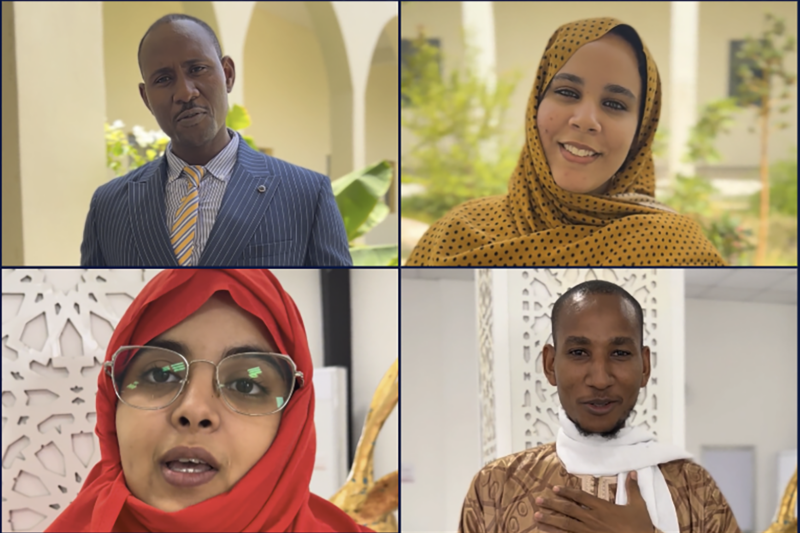Mapping the Drivers of Everyday Peace
Peace means different things to different people—a key challenge lies in constructively understanding the drivers of peace with a view to inform science diplomacy. Specifically, non-state actors such as scholars and practitioners engage in problem-solving approaches at the heart of science diplomacy—through bolstering mutual understanding between peoples, advancing the satisfaction of common interests and contributing to global peace.
Our current research projects demonstrate a methodology called ‘fuzzy cognitive mapping’ (FCM). This is a type of systems-mapping well-suited to break down complex concepts and facilitate problem-solving.
In 2024, our team has been conducting FCM sessions with groups of students, program staff, and community members in locations such as: Belfast (United Kingdom), Nouakchott (Mauritania), and New Haven (US). We have also conducted FCM sessions with practitioners at UNDP (New York headquarters), Early Childhood Peace Consortium meetings (Turkey), and UPEACE (Costa Rica).
The aim is to compare mental maps of ordinary peace—across stakeholder groups—and test assumptions about the drivers of systems change—across sites. We have found that participants are consistently engaged in the learning of cognitive mapping of the drivers of peace. An example of the methodology is described in this recent Yale press release. Original findings are captured in this short video.
The Effects of Trauma and Violence on the Human Genome
Violence and trauma leave inheritable markers on a person’s genome that persist over multiple generations, according to a first-of-its-kind study led by Jackson professor Catherine Panter-Brick.
The study focused on epigenetic changes — chemical modifications to DNA that can affect gene function and individual characteristics — across three generations of Syrian refugees. It shows that women who have been directly affected by war-related violence and trauma indicate altered epigenetic markings — but so do their grandchildren, even if they had no direct exposure to warfare.
The study, published in the journal Scientific Reports in February 2024, was conducted by an international team led by women scientists working across disciplines. It is the latest in an ongoing suite of research the team has conducted to better understand the cognitive, physiological, and genetic signatures of stress and trauma in Syrian refugee children. Read the full story
